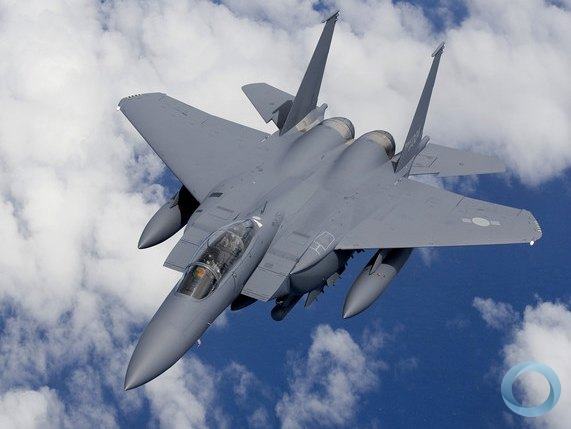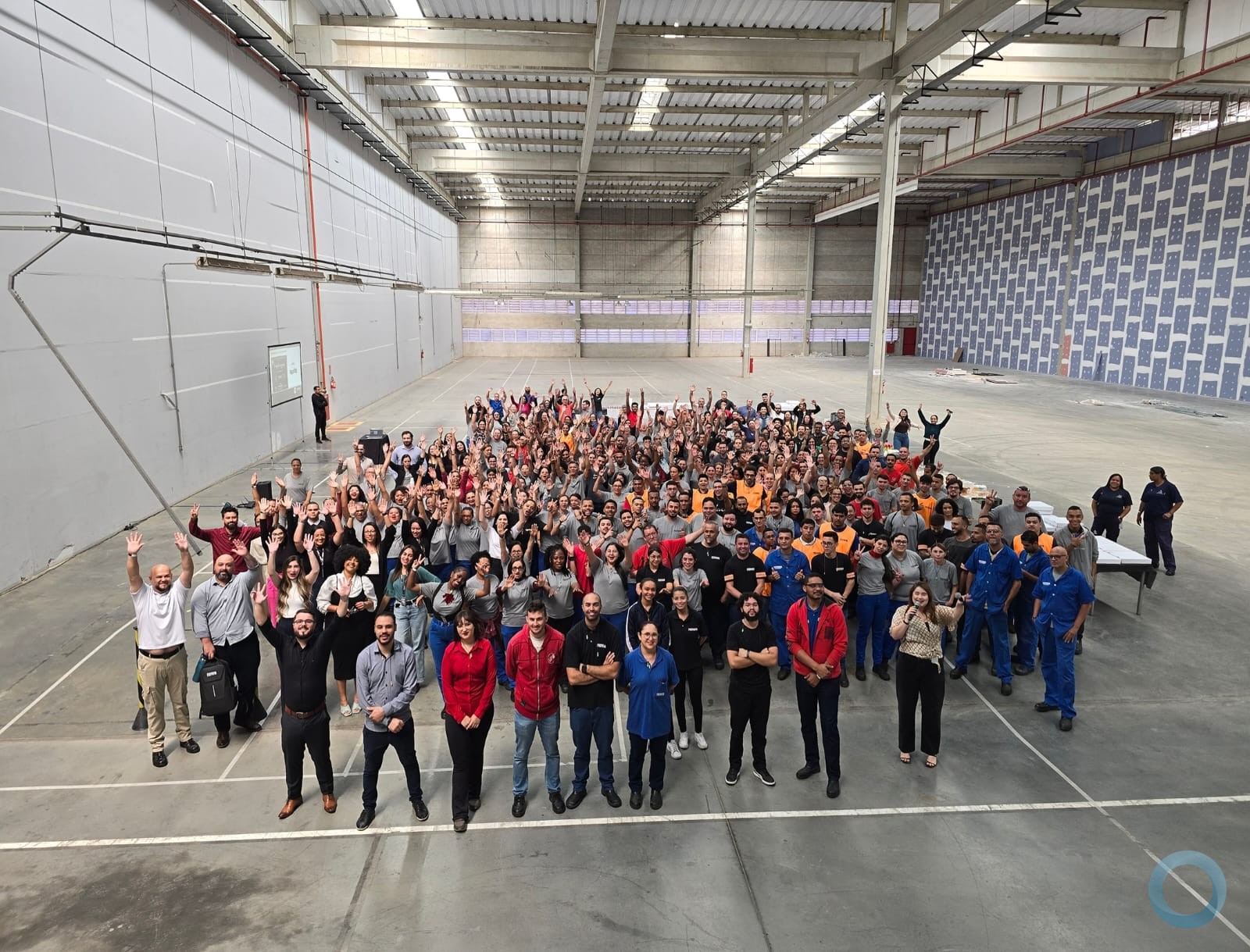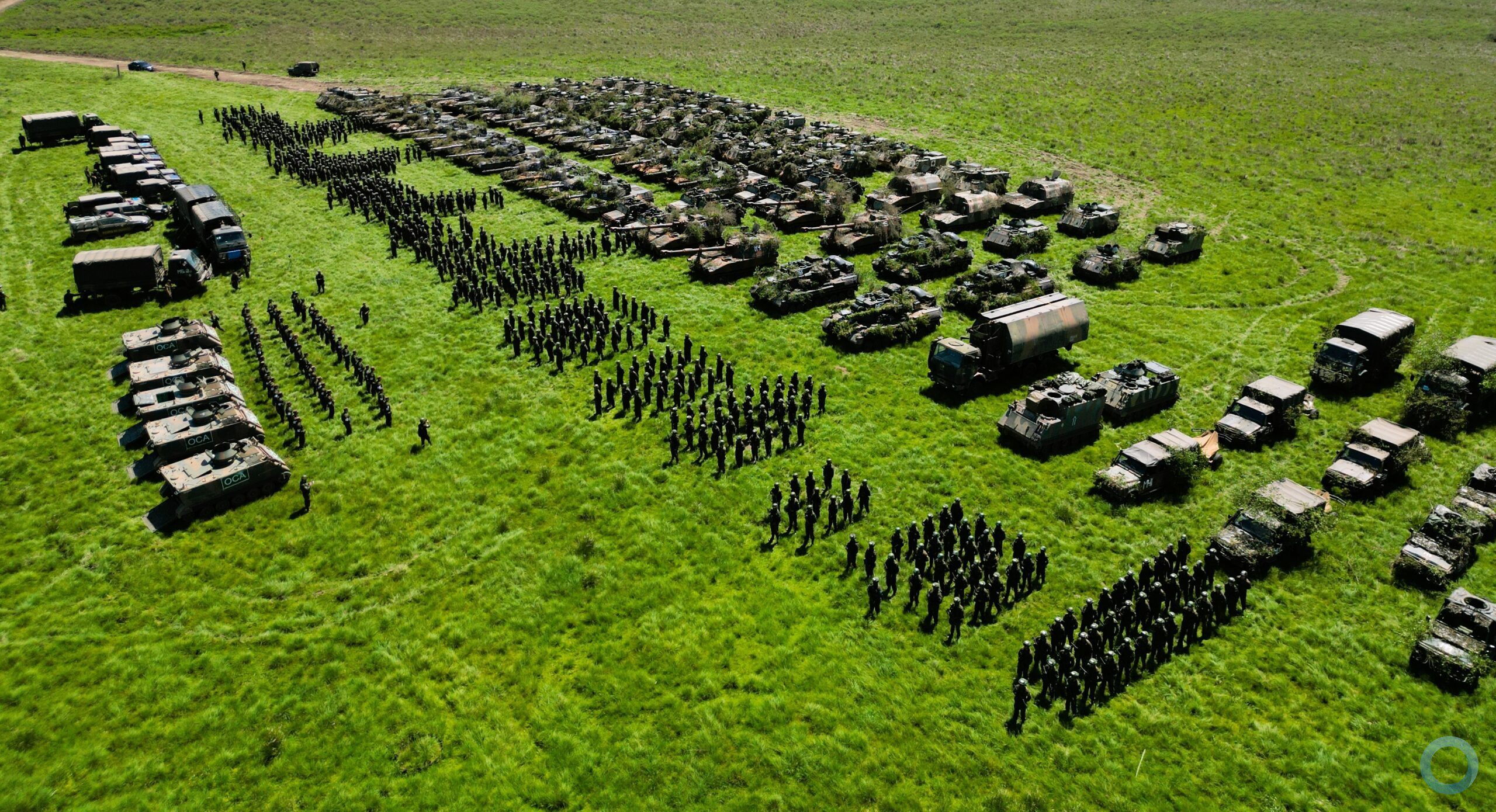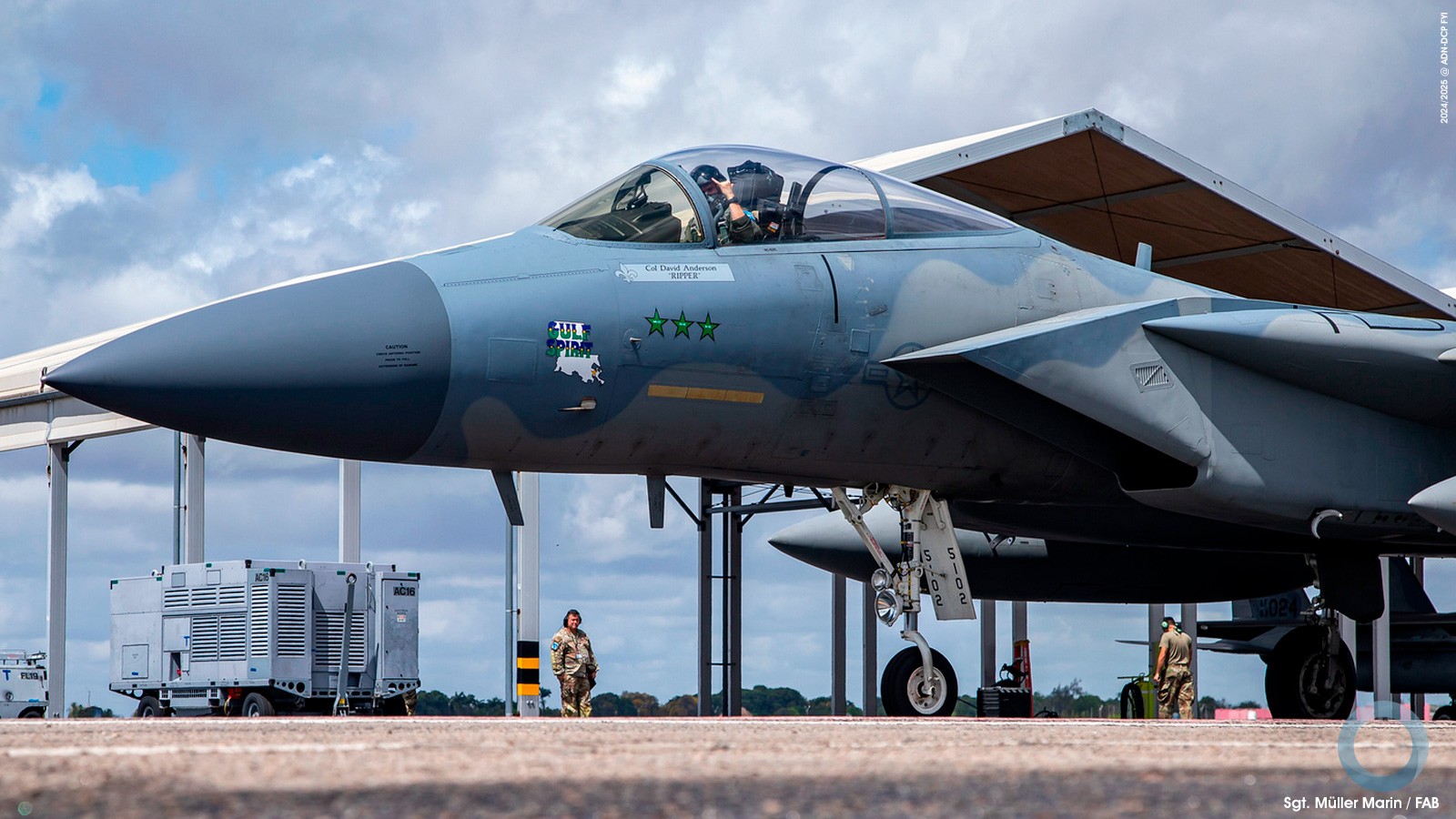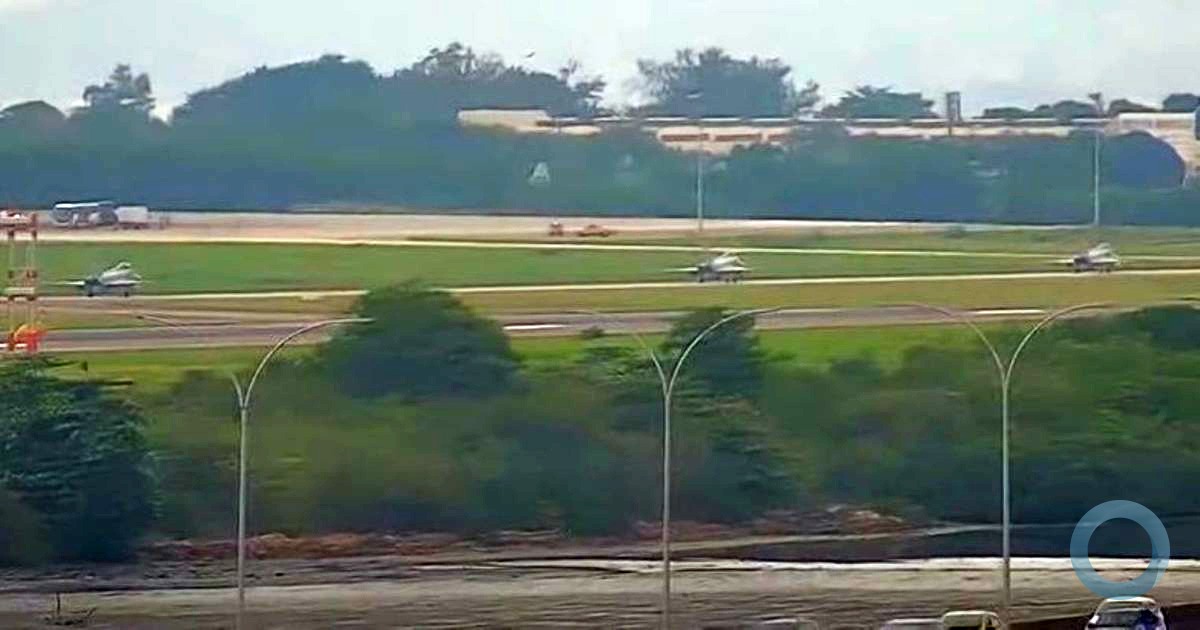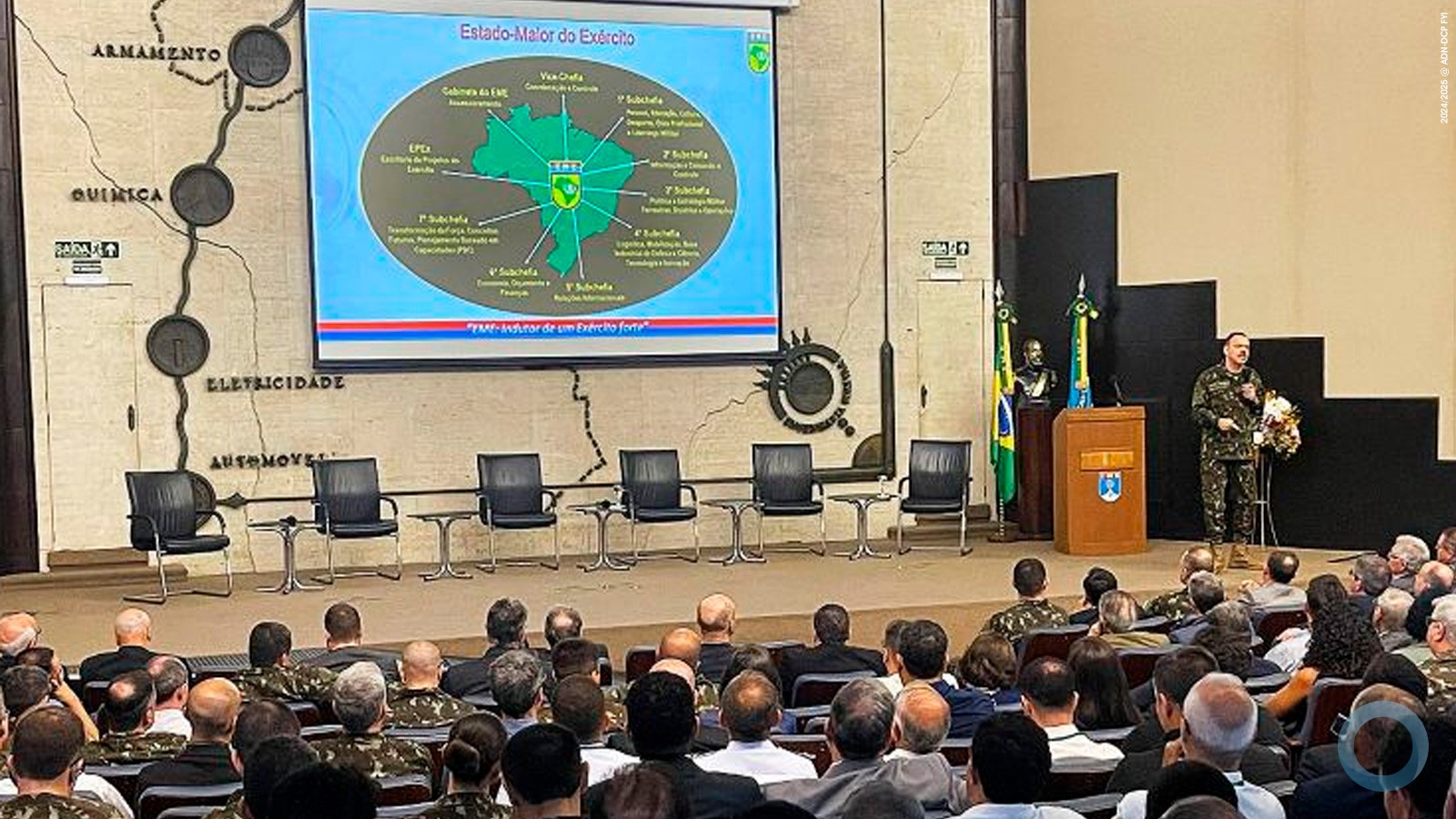By Lara Seligman
Source – Defense News
WASHINGTON — The first flight of the US Air Force’s KC-46 tanker test plane has been delayed by about a month because a mislabeled chemical was mistakenly loaded into the aircraft’s refueling line during testing, Boeing confirmed this week.
“While we’re making the needed repairs as quickly as possible, the first tanker flight will be roughly a month beyond our previous plan to fly in the late-August to early-September time frame,” a Boeing spokeswoman said Tuesday. “Our team is continuing to work hard to make it happen.”
This is not the first time the milestone has been delayed. First flight was initially scheduled for 2014, then pushed back to April, then postponed again to later this summer. The company will have more specifics on the exact date of first flight once the team completes ground testing, the spokeswoman said.
This news is the latest setback for the defense giant’s tanker program, which recently rang up an $835 million pre-tax charge stemming from developmental issues with the integrated fuel system on the plane. The Air Force is locked in for 179 tankers under its KC-X recapitalization program, which is planned to be the backbone of US air refueling efforts for the coming decades.
In the most recent incident, mechanics used a mislabeled fuel substitute — used to simulate the weight of actual fuel in the boom — in the plane’s aerial refueling line for testing, which caused corrosion in the system, the Boeing spokeswoman said. The complex fuel system is used not only for powering the jet’s own engines, but also for transferring fuel to other aircraft through the plane’s air-to-air refueling apparatus.
The fuel substitute had been labeled compliant for this particular military use, when in fact it was not, the spokeswoman said. Although the team began flushing affected parts quickly after discovering the fuel was mislabled, certain parts will need to be refurbished or replaced prior to first flight.
The company has identified the parts that need fixing, primarily tubes and couplers, and are completing that work now, the spokeswoman said.
The Air Force is awaiting the results of a Boeing audit of parts of the fuel system that were impacted by the incident, Air Force spokesman Ed Gulick said Tuesday.
“Boeing is in the process of auditing all parts of the fuel system in order to determine which portions of the fuel system were exposed,” Gulick said. “We are monitoring the situation closely and await the results of the audit.”
Although the Air Force and Boeing admit there is not much schedule margin left in the program, the company is still hopeful it will be able to deliver 18 ready-to-go tankers by August 2017. The Air Force expects to get the formal go-ahead from the Pentagon for production, called a Milestone C decision, between about January and April 2016. Boeing must successfully demonstrate the required refueling capabilities during flight tests before the Pentagon will approve the program.
To help the program stay on track, Boeing has begun production on the first two low-rate initial production aircraft before completing work on the test models. This approach is not unusual in the aviation world, but concurrent testing and production poses risks. If problems are discovered during later tests, fixes will have to be retrofitted into already-produced models.
Boeing does not expect the latest delay to impact delivery, according to the spokeswoman.
“We remain committed to deliver the initial 18 tankers by 2017,” she said.













